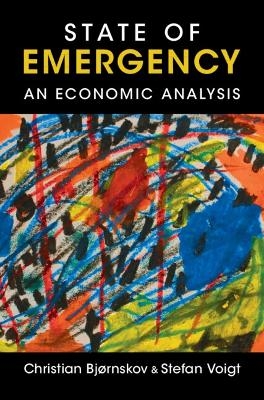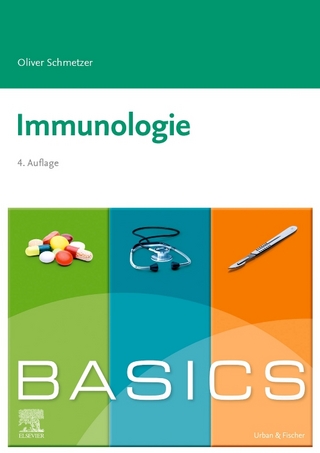
State of Emergency
Cambridge University Press (Verlag)
978-1-009-37208-4 (ISBN)
Nine out of ten constitutions contain explicit emergency provisions. During the pandemic, half of the governments with such constitutions has made use of these provisions by declaring a state of emergency. State of Emergency is the first book to analyse the factors that lead to such provisions being included in newly drafted constitutions. It explores their use – as well as their misuse – and explains the effects that using emergency provisions has. Declaring a state of emergency is particularly challenging in federally constituted states as it endangers the balance of powers between the federal level and the states. This book, therefore, pays special attention to this topic. Focusing on two of the most important recent cases relating to emergency provisions: the Covid-19 pandemic and acts of terrorism, this book uses numerous examples to analyse emergency provisions with a rigorous empirical approach.
Christian Bjørnskov is professor of economics at Aarhus University in Denmark, as well as affiliated researcher at the Research Institute of Industrial Economics (IFN) in Stockholm, Sweden. He is the author of more than 100 articles in journals including the American Journal of Political Science and Public Choice. Stefan Voigt is professor at the University of Hamburg and the director of its Institute of Law & Economics. His research focuses on the economic effects of institutions. Voigt is one of the editors of Constitutional Political Economy and author of Institutional Economics: an Introduction (2019, Cambridge University Press) and Constitutional Economics: A Primer (2020, Cambridge University Press).
1. Introduction; 2. The Architecture of Emergency Constitutions; 3. The Determinants of Emergency Constitutions; 4. Why Do Governments Call a State of Emergency? On the Determinants of Using Emergency Constitutions; 5. The Effectiveness of Emergency Constitutions After Natural Disasters; 6. When Does Terror induce a State of Emergency? And what are the Effects?; 7. States of Emergency After Domestic Turmoil; 8. Dealing with Disaster – Analyzing the emergency constitutions of the US states; 9. Keeping up the Balance between the Federation and the States; 10. Constitutionalized Media Freedom during Emergencies: Is it only Windowdressing?; 11. Unconstitutional States of Emergency; 12. The Corona Pandemic, States of Emergency, and Reliance on Executive Decrees; 13. Returning to the Status Quo Ante?; 14. Contracting for Catastrophe: Legitimizing Emergency Constitutions by Drawing on Social Contract Theory; 15. The Future of States of Emergency.
| Erscheinungsdatum | 10.08.2024 |
|---|---|
| Zusatzinfo | Worked examples or Exercises |
| Verlagsort | Cambridge |
| Sprache | englisch |
| Gewicht | 819 g |
| Themenwelt | Studium ► Querschnittsbereiche ► Infektiologie / Immunologie |
| Wirtschaft ► Volkswirtschaftslehre ► Wirtschaftspolitik | |
| ISBN-10 | 1-009-37208-4 / 1009372084 |
| ISBN-13 | 978-1-009-37208-4 / 9781009372084 |
| Zustand | Neuware |
| Haben Sie eine Frage zum Produkt? |
aus dem Bereich


